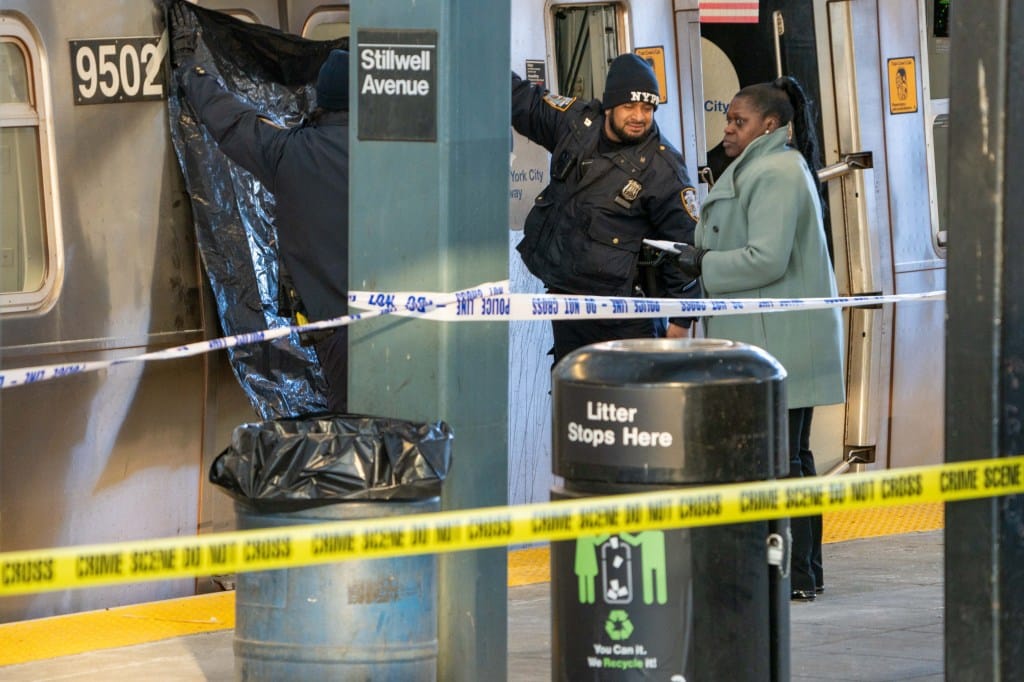
A Transportation Security Administration agent from the Bronx stole a nearly $23,000 government paycheck sent to a defense lawyer who represented an indigent client, federal prosecutors allege.
TSA agent Diamondique Richardson and an accomplice, Cinque Lipscomb, are the latest suspects accused of stealing five- and six-figure U.S. Treasury checks sent by mail to lawyers appointed to federal defendants who can’t afford attorneys.
Richardson and Lipscomb took advantage of a frustrating technicality in federal law that required the lawyer’s paychecks to be sent out in the mail instead of by direct deposit.
It took an act of Congress to fix that technicality — the law was changed through an appropriations bill signed into law on March 23.
Their indictment Tuesday in Brooklyn Federal Court comes after six other defendants were charged in similar schemes in February.
Richardson was arrested at Kennedy Airport, where she works. Law enforcement sources said she did not use her position to commit the alleged crime.
She and Lipscomb are accused of working with others to come up with a scheme to steal and deposit federal paychecks, discussing how they’d do it over Facebook messages.
Their victim was a lawyer assigned to a federal defendant through a Criminal Justice Act Panel, according to an indictment unsealed Tuesday. The U.S. Treasury cut a check to the attorney for $22,687.72 on Nov. 9, 2021, but it never got to the lawyer. Instead, it was deposited in Richardson’s bank account 15 days later, the feds allege.
The checks are easy pickings for thieves, defense lawyers have told the Daily News. They come in windowed envelopes from the U.S. Treasury Department that are often stamped “check enclosed,” attorneys said.
U.S. Treasury Department officials have said they prefer sending out payments through direct deposit, but they rely on the paying agency’s rules. Up until March, that agency, the Administrative Office of the U.S. Courts, was bound by a badly phrased bit of federal law that says payments to Criminal Justice Act lawyers must go directly to the attorneys, not to their law firms, the Daily News reported in February.
In the 2022 fiscal year, the federal judiciary sent out $358 million in paper checks to CJA lawyers, and those paper checks are four times more expensive to send out than direct deposit, seven times more likely to be lost, stolen or returned, “and 14 times more likely to have a nonreceipt claim,” according to the Judicial Department’s fiscal year 2024 budget request.





